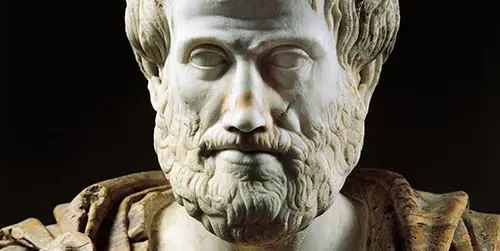Among the most prominent concepts in political philosophy addressed by Aristotle in his work Politics is justice, which emerges as a core value in organizing the lives of individuals within the state. For Aristotle, justice is not merely a law imposed on people, but a moral virtue that must be present in the behavior of both ruler and citizen. Justice, in his view, preserves order, ensures the stability of the city, and achieves the common good.
Aristotle divided justice into two main types: distributive justice and corrective justice. Distributive justice concerns how goods, positions, and opportunities are allocated in the state, based on the merit and worthiness of each individual. Corrective justice, on the other hand, intervenes when an injustice occurs between individuals—such as fraud or assault—and works to restore balance through punishment or compensation. This philosophical distinction remains foundational to modern legal and social theories.
In the modern era, Aristotle’s vision of justice remains highly relevant in contemporary debates such as social justice, wealth distribution, and the fight against racial and class discrimination. When distributive justice is lacking, the gap between the rich and the poor widens, and wealth becomes a tool for entrenching power and monopoly. This is evident in many capitalist societies facing public protests calling for a fairer distribution of resources.
As for corrective justice, modern legal systems are built on the same principle Aristotle emphasized: to repair harm done to victims and prevent future injustice. However, today’s challenge lies in ensuring the integrity of these systems, especially in light of racial and ethnic discrimination present in some judicial institutions—raising the pressing question: Is justice truly a right for all, or a privilege granted to a few?
From this perspective, one can say that although Aristotle lived in a different era, his view of justice as a central virtue in the state remains deeply relevant to our contemporary world. His philosophy urges us to rethink our understanding of justice—not merely as a set of laws, but as a moral value that must be rooted in the conscience of individuals and the fabric of society.
